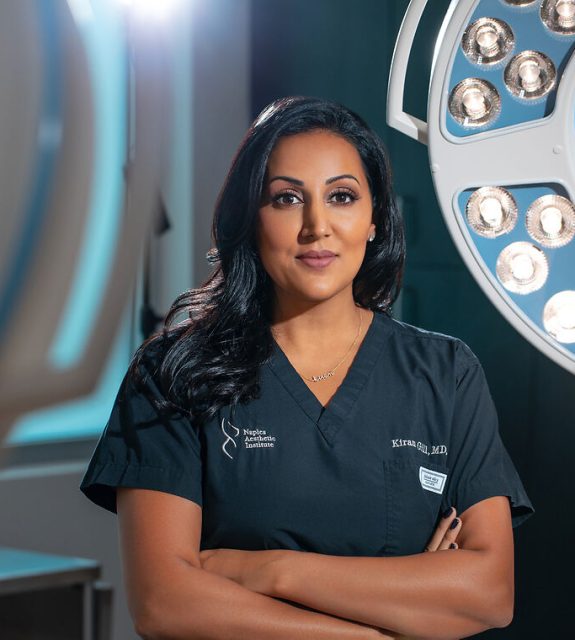 Photo Credit: www.Shutterstock.com
Photo Credit: www.Shutterstock.com
The Mount Sinai Health System announced the creation of the Biomedical Engineering and Imaging Institute (BMEII). It is the first one in New York City. There is only a handful of such in the world.
The BMEII will “leverage Mount Sinai’s renowned imaging and nanomedicine programs to establish a broad biomedical engineering research and training programs for its graduate and medical students,” per a press release. It will develop “novel medical inventions in the fields of imaging, nanomedicine, artificial intelligence, robotics, sensors, medical devices and computer vision technologies such as virtual real, augmented and extended reality.” It will be operational by early 2020.
When it opens, the BMEII will absorb the System’s Translational and Molecular Imaging Institute.
Praise From Leadership
“Our imaging and nanomedicine programs are leaders in the development and application of these novel technologies to improve patients’ diagnosis and treatment,” says Zahi Fayad, PhD, Director of the BMEII. “By integrating artificial intelligence, sensors, robotics, and virtual reality into our programs, the BMEII will take a transformative leap forward in the implementation of next generation medicine and healthcare for our patients and society.”
Then, “The creation of Mount Sinai’s Biomedical Engineering and Imaging Institute represents a crucial milestone for our medical center,” says Eric J. Nestler, MD, PhD, Nash Family Professor of Neuroscience, Director of the Friedman Brain Institute, and Dean for Academic and Scientific Affairs. “Mount Sinai already has established expertise in several areas of imaging and biomedical engineering and we look to further leverage this excellence in creating one of the nation’s leading efforts in this exciting area of medical research.”
And, Dennis S. Charney, Anne and Joel Ehrenkranz Dean of the Icahn School of Medicine, and President for Academic Affairs for the Mount Sinai Health System, says, “Mount Sinai has consistently been at the forefront of advancing health care, and the BMEII will revolutionize how we use technology to treat a wide range of conditions. This is a unique endeavor that will create a hub for world-class researchers and innovators, and position us to find groundbreaking solutions for treating disease.”
Focus
The BMEII will be focusing on Artificial Intelligence, next generation medical technologies, and virtual, augmented, and extended reality (VR/AR/XR).
Reference:
























